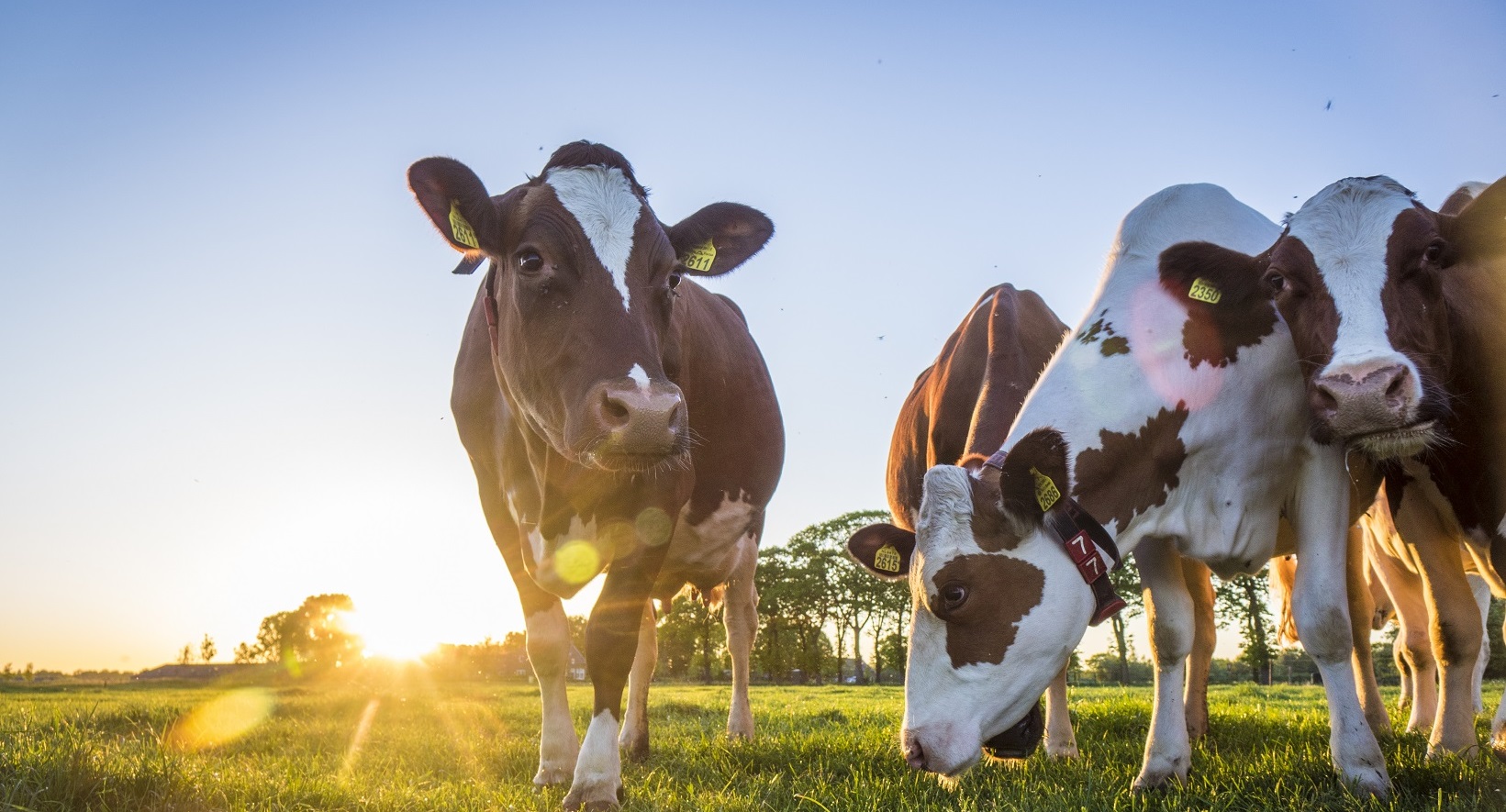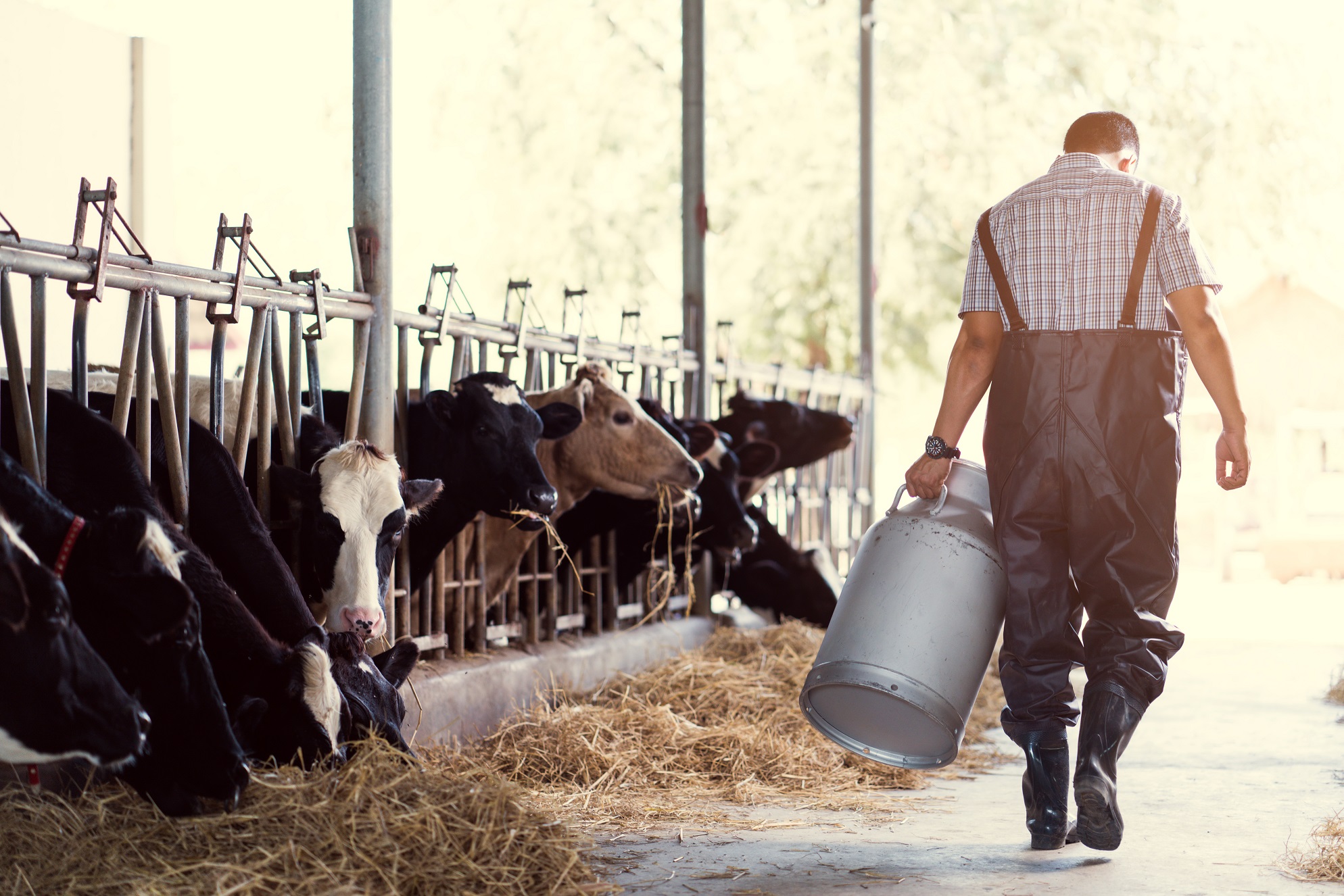If you run or own a farm, then you are well-versed in the potential perils of severe weather patterns and biosecurity. As if you did not have enough to worry about, you also need to consider business and landholding structuring, insurance, code compliance and tax. This is where your legal team can help you with some of that heavy lifting. If you are not sure where to start, here are some core legalities to consider when it comes to securing your assets and structuring for success.
Keeping Company
Farms may operate differently to offices, but still need a formal company registration and a company structure. Why? On top of limited liability, companies pay a lower tax rate than individuals. A company is its own legal entity – this keeps your personal interests and assets separate to save financial confusion.
Formally establishing a company and company structure gives you a better chance at survival. This is because your company will continue to operate as an entity regardless of personnel changes over time. Whether the company operates as a business or as a trust, the assets, contracts, entitlements and obligations remain with the company. Coulter Legal can register your company and issue you or your financial advisor the relevant documents within one business day.
Long-term Partners
If you are going into agribusiness with a partner, get your legal team to help you set up a Partnership Agreement. Unlike a company, partnerships are not separate legal entities, but they are entitled to ABNs if operating in Australia. Partnerships are ongoing business relationships, so partnership agreements are necessary to cover every possibility. Read more about partnership agreements and landholding structures here.
There are typically two types of partnerships:
- General partnership
A general partnership is one where all partners are equally responsible for the business and have unlimited liability for debts and obligations. Family partnerships often fall within this category. - Limited partnership
A limited partnership is one where the partners can limit their debts and obligations. This arrangement consists of at least one general partner and one or more limited partners.
Non-negotiable Insurance
There is no question that agribusiness insurance is a must, but how much do you need and what should it cover? Every farm has different assets, variables, working conditions, risks and threats. Agribusinesses require not just one policy, but a broad range of insurances, each of which serve different purposes. Get your legal team to review relevant insurance provisions to confirm that you will be adequately protected in the event something goes wrong.
Agribusiness insurance most commonly includes:
- Home and contents insurance
- Farm machinery insurance
- Farm liability insurance
- Livestock, fencing and stock insurance
- Workers compensation insurance – to protect farm employees; and
- Public liability insurance – which covers injuries or damage to property of third parties
Protecting your Intellectual Property
You have worked hard to build up a unique business and perhaps even a recognisable brand, so do not let anyone else capitalise on your success. Your legal team can help you put measures in place to protect your Intellectual Property, Patents and Trademarks. This will stop anyone else trying to use your company name, or make claims on your products or patents. Intellectual property services cover the registration of trademarks, opposition and revocation of trademarks, copyright, moral rights, IP maintenance and renewals, registration of business names, commercialisation, franchising, confidentiality, terms and conditions and privacy policies. Read more here.
Staying up to Code
When structuring your agribusiness, understanding your regulatory compliance obligations could save you problems down the track. Depending on the nature of your business, one or multiple farming and processing codes require your legal compliance. Talk to your lawyer about which codes apply in your situation, such as:
- The Dairy Code and Milk Supply Agreements (MSA’s)
- The Pastoral Award
- The Water Act
- Occupational Health & Safety (OH&S)
- Environmental Breaches and Contamination
- Tax obligations; and
- Animal welfare
Tax Time
Taxes are unavoidable, but having an effective tax structure will determine whether or not you pay more than you should. Having your tax structure checked by your lawyers will ensure you are meeting your tax obligations. If you need to sell or transfer the property down the track, an effective tax structure may save thousands on tax for both the buying and selling of the land.
If and when you do sell up or pass the company to the next generation, your legal team will help you configure stamp duty, aggregation, income tax and the subdivision and consolidation of titles. Read more about agribusiness tax structures here.
Need help structuring your agribusiness?
Coulter Legal is a national practice, with a regional heart. The Coulter Legal Agribusiness team leverages the expertise and resources of a large firm with the local knowledge, accessibility and superior service of a regional practice.
With offices across Victoria and in South Australia, we look forward to helping you with all and any legal needs for your agribusiness. Discover our full suite of agribusiness services here.









